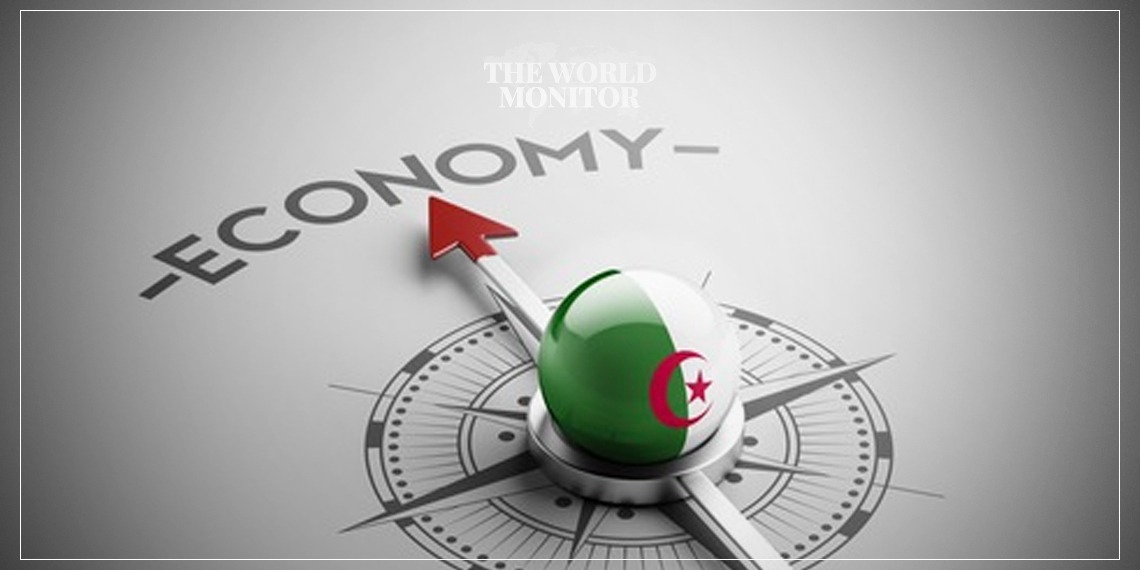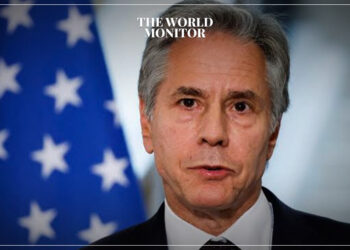Algeria’s President Abdelmadjid Tebboune announced that Algeria recorded a GDP growth rate of between 4.1% to 4.2% last year.
During a gathering in Algiers for Labor Day, the President highlighted that both the International Monetary Fund (IMF) and the World Bank rank Algeria as the third-largest economy in Africa, trailing only behind South Africa and Egypt.
President Tebboune revealed that the nation’s GDP surged to $260 billion at the end of the previous year, with a strategic goal to reach approximately $400 billion by 2026-2027.
He also noted a 4.5% appreciation in the Algerian Dinar against major foreign currencies, describing it as modest but a “start to a new phase.”
The Algerian leader further disclosed a significant increase in the country’s foreign exchange reserves, which have risen to $70 billion.
He emphasized his government’s stance against external borrowing. When he took office in December 2019, foreign reserves were at $42 billion, and annual import bills exceeded $60 billion, prompting expectations of external debt reliance.
Additionally, President Tebboune expressed his administration’s determination to diversify income sources away from a rentier economy reliant on gas and oil exports.
Algeria, being the third-largest oil producer and the top gas exporter in Africa, supplies about 11% of Europe’s gas needs.
In 2022, Algeria achieved a record $7 billion in non-hydrocarbon exports, a substantial increase from the annual $1.5 billion in previous years. The agricultural sector now contributes 18% to the GDP, indicating significant diversification.
Energy Minister Mohamed Arkab stated in an interview that several new gas fields had recently commenced production, with more expected by the end of the year.
President Tebboune also mentioned future plans to capitalize on iron exports from the Gara Djebilet mine, which boasts reserves of approximately 3.5 billion tons of iron ore.
The government aims to increase phosphate exports to about 10 million tons annually and continues to explore new oil and gas fields, essential to the national economy.
Tebboune also highlighted the emerging enterprise sector, which includes around 7,000 companies contributing to the economy.
In a move to boost purchasing power, the government will soon approve increases in pensions and grants for retirees by 10 to 15%, set to be confirmed in next week’s cabinet meeting.
This initiative is part of broader efforts to manage inflation and stabilize prices, essential for improving living standards.
The 2024 fiscal law anticipates total expenditures exceeding $99 billion, underscoring the government’s commitment to economic growth and stability.






